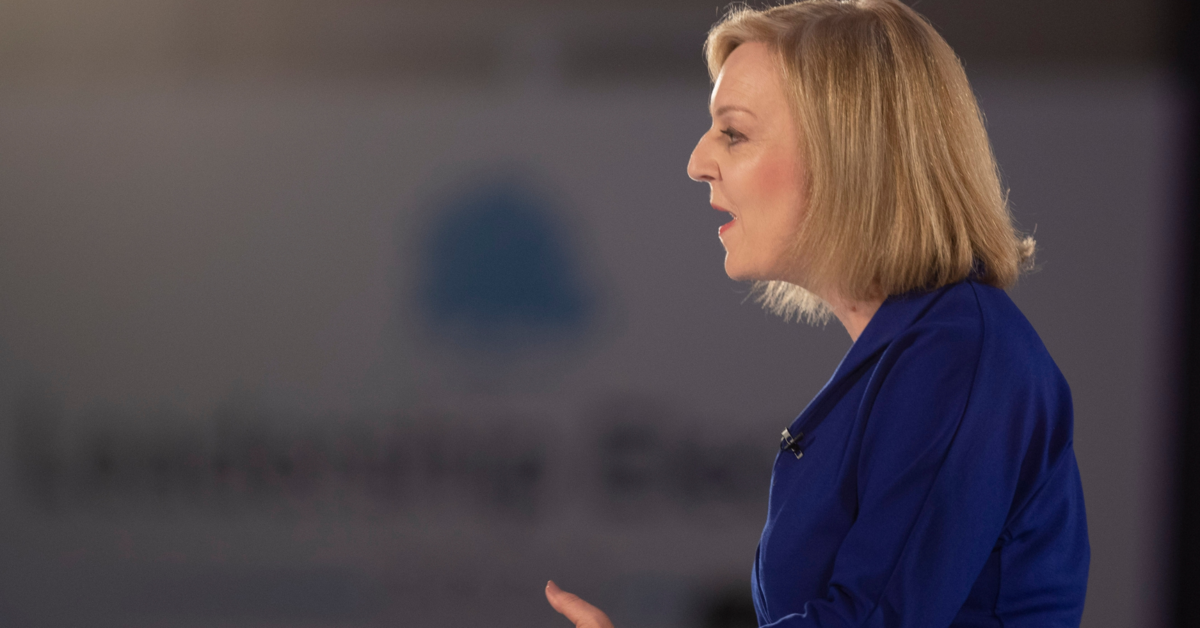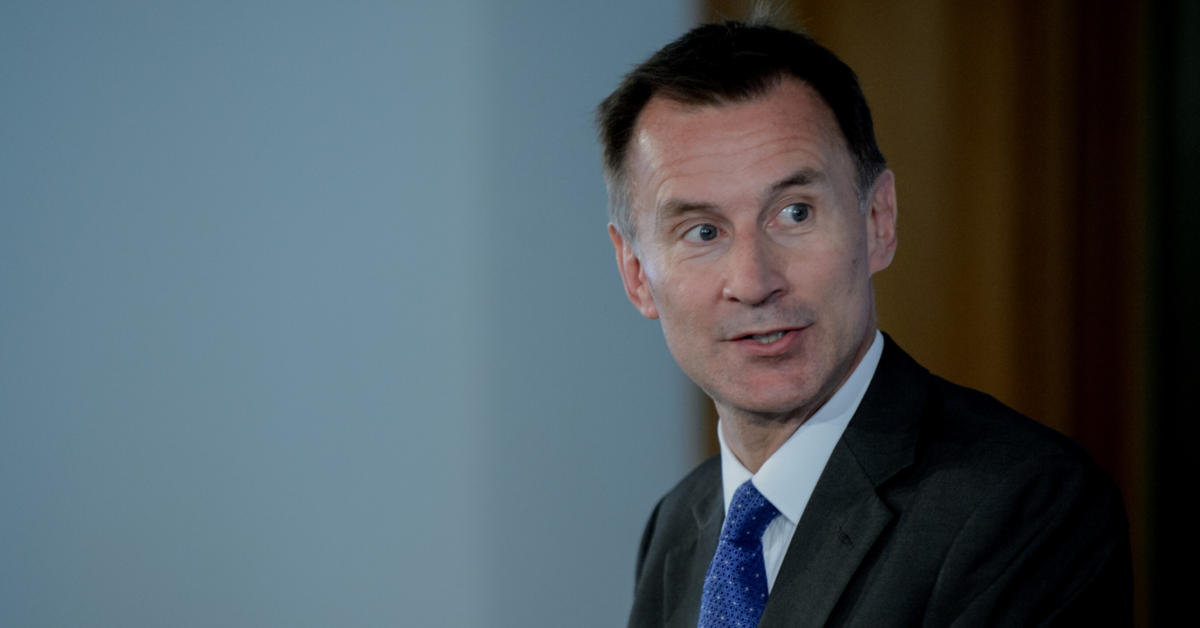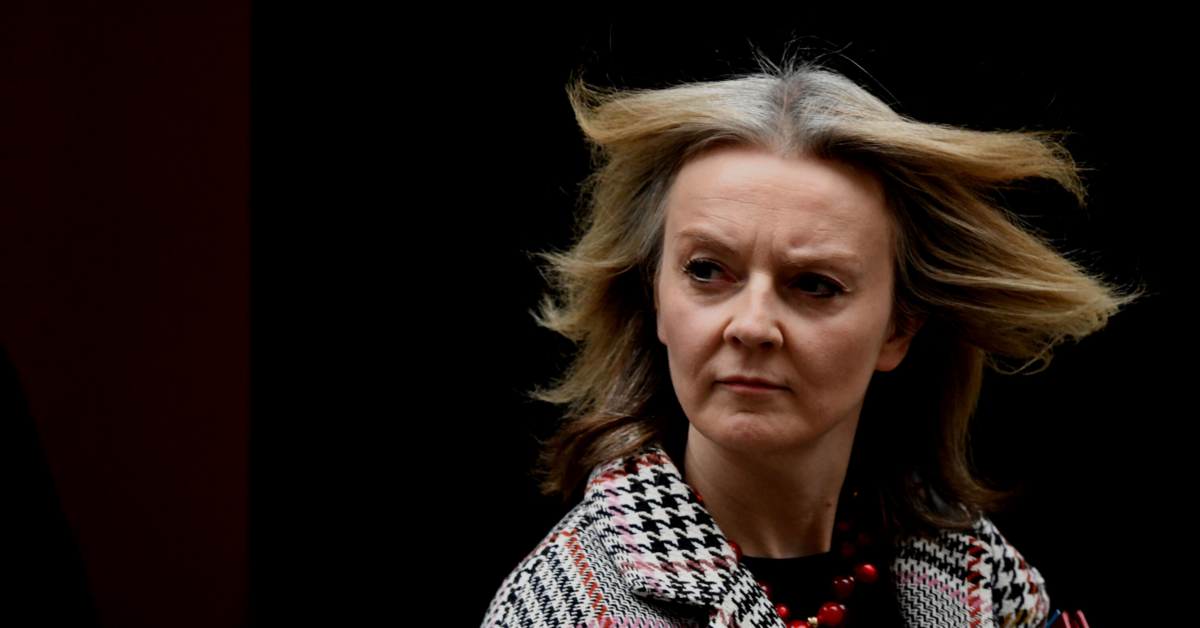Sunak bounces back
Following the dramatic and chaotic collapse of Liz Truss’ premiership last week, the Conservative Party has acted swiftly and decisively in choosing Rishi Sunak, the runner-up from the previous leadership contest, to replace her. The imposition of a threshold of 100 supportive MPs to formally enter the contest cleared the field for Sunak who quickly established a commanding lead over former Prime Minister Boris Johnson and Leader of the House of Commons Penny Mordaunt.
Johnson claimed to have the required level of support but dropped out last night after acknowledging that he would struggle to unite a party still riven by disagreements over his own ousting back in July. Mordaunt stayed in the race until this afternoon’s deadline in the hope of forcing a contest and taking it to the membership. It is understood she came very close, but ultimately the prevailing sentiment in the party was to resolve the issue at the earliest opportunity and present a united front.
For Sunak, who is expected to be formally appointed by the King tomorrow, it represents a remarkable comeback – he was comfortably beaten by Truss who wooed MPs and members with her promises of tax cuts and radical economic reform. However, the negative market reaction to her deficit-expanding ‘mini-budget’ last month vindicated his more cautious fiscal instincts and redefined the political and economic landscape in a way that plays to his strengths as a steady and calming presence.
There is much else about Sunak’s achievement that is remarkable – he will become the UK’s first non-white leader reflecting the diversification of UK politics – and the Conservative Party in particular – in recent years. At only 42 he is the youngest PM since 1812 and was only elected to parliament seven years ago. In what may become a defining issue of his premiership and is already raising questions about his ability to understand the cost-of-living challenges that people across the UK are experiencing, he is also extremely wealthy. He and his wife, Indian tech heiress Akshata Murty, have an estimated fortune of around £730m.
Sunak needs to urgently restore political and economic credibility
In a very brief and perfunctory statement this afternoon Sunak said it was the greatest privilege of his life to “serve the party I love and give back to the country I owe so much to”. He acknowledged the “profound economic challenge” facing the country and pledged to deliver “stability and unity” and to serve “with integrity and humility”. The situation is certainly daunting – Sunak takes over a factional party badly bruised by the Johnsonian psychodrama and the short-lived Trussonomics experiment which appears to have destroyed its hard-won reputation for prudent economic management. The average of UK polls has a Labour lead of 32 points which would all but wipe the party out in a general election.
Meanwhile, the cost-of-living crisis is set to intensify with inflation at 10%, millions of people facing higher rent and mortgage payments as a result of higher interest rates. In addition, Chancellor Jeremy Hunt has had to cut Truss’ energy price support package from two years to six months and there is a £40bn fiscal black hole which will require the kind of spending cuts the party promised in 2019 were no longer necessary. As the Chancellor during the pandemic who spent billions on dealing with the impacts of Covid, Sunak’s ability to make difficult and at times unpopular choices now as Prime Minister will be heavily scrutinised.
Sunak will therefore have to move quickly and invest his political capital wisely. His first task will be to assemble a new Cabinet, and he will need to balance promoting allies he trusts with maintaining party unity by appointing Johnson/Truss supporters. This includes the question of what to do with Johnson himself who risks becoming a destabilising force. Businesses will be hoping that this reshuffle will finally result in some stability and continuity in the ministerial ranks which were shaken up by mass resignations under Johnson and then rejigged extensively by Truss.
In addition, he will have to set out his agenda alongside some key principles and priorities. We can expect that he will draw heavily on his original programme from the last contest although the economic situation has deteriorated since then and he also made a number of populist pledges during the campaign to try to keep up with Truss. Subsequently, gaining support from key figures on the right ofthe party such as former Home Secretary Suella Braverman and International Trade Secretary Kemi Badenoch means that there will be an expectation on him to deliver some ‘red meat’ for this wing of the party. However, it remains to be seen whether he will actually try to deliver them, whether he will remain committed in principle but not as a matter of priority, pushing them into a second term, or whether he will go for a more ‘clean slate’ approach entirely.
One thing is clear – the party’s 2019 manifesto is increasingly untenable amid the fallout from the pandemic, the energy crisis triggered by the war in Ukraine and the Trussonomics experiment. For this reason, Labour and the Liberal Democrats were quick off the mark in calling for a general election on the basis that there is no mandate for Sunak personally nor for whatever agenda he puts forward.
While this fact will constrain what he is able to achieve, it is highly unlikely that he will want an early election; he will want to give himself time to stabilise the economy, bring inflation under control and bring a measure of cohesiveness to the party before facing the public. It remains to be seen whether the prospect of electoral wipeout will force a degree of discipline or whether the party in its current form is fundamentally dysfunctional and ungovernable.



